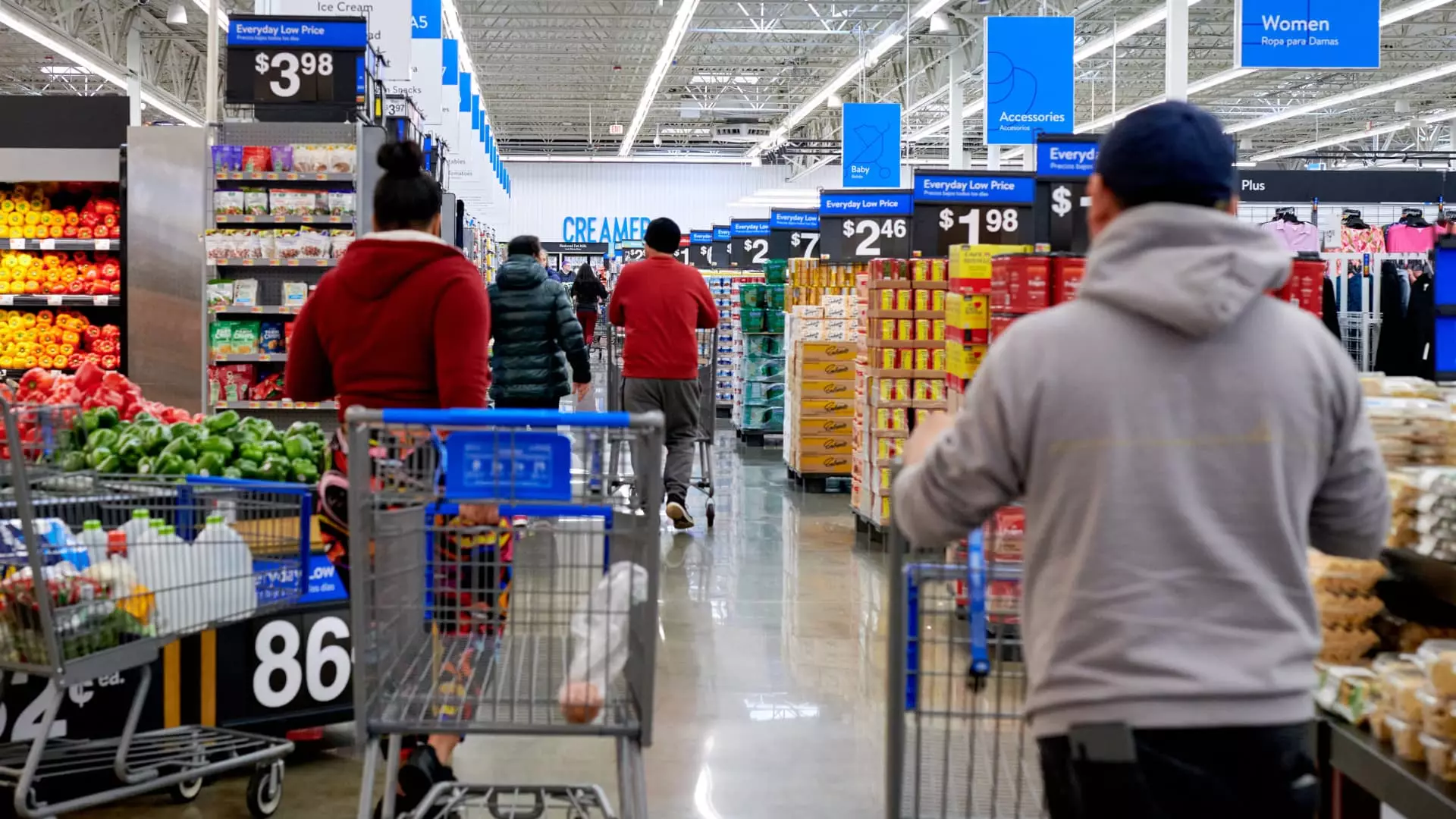Despite the consistent strength of the U.S. economy, a significant portion of Americans hold a misguided belief that the country is currently in a recession. According to a survey conducted by Affirm, 59% of adults think that a recession began around 15 months ago and could last until 2025. This perception is fueled by rising costs and financial difficulties faced by many individuals, leading them to believe that the economy is in a downturn.
In reality, the U.S. economy has been resilient, with sustained growth following the challenges posed by the Covid-19 pandemic. The National Bureau of Economic Research defines a recession as a sustained decline in economic activity spread across various sectors. While there have been numerous recessions throughout history, the current economic climate does not fit that definition. Despite this, a significant number of Americans are struggling to cope with high prices and limited resources, forcing many to rely on credit cards to cover their expenses.
Economists have noted a growing disparity between the actual state of the economy and people’s perception of their financial well-being. This disconnect has been described as a “vibecession,” where individuals feel the impact of economic trends differently based on their financial situation. Wealthier individuals and homeowners have seen significant gains, while a sizable portion of the population has been left behind. This widening wealth gap is contributing to the skewed perception of economic conditions among Americans.
As prices rise and interest rates increase, more consumers are experiencing financial strain. A growing number of individuals are falling behind on credit card payments, with delinquency rates on the rise. According to the New York Fed, approximately 9.1% of credit card balances transitioned into delinquency in the second quarter of 2024. This trend reflects the challenges faced by many Americans in meeting their financial obligations amid economic uncertainty.
The disconnect between perception and reality in the U.S. economy highlights the need for a more nuanced understanding of economic conditions. While the overall economy may be strong, many individuals are struggling to keep up with rising costs and limited resources. Addressing the root causes of financial inequality and providing support for those most vulnerable will be essential in bridging the gap between public perception and economic reality. Only through a comprehensive and inclusive approach can we ensure shared prosperity for all members of society.

